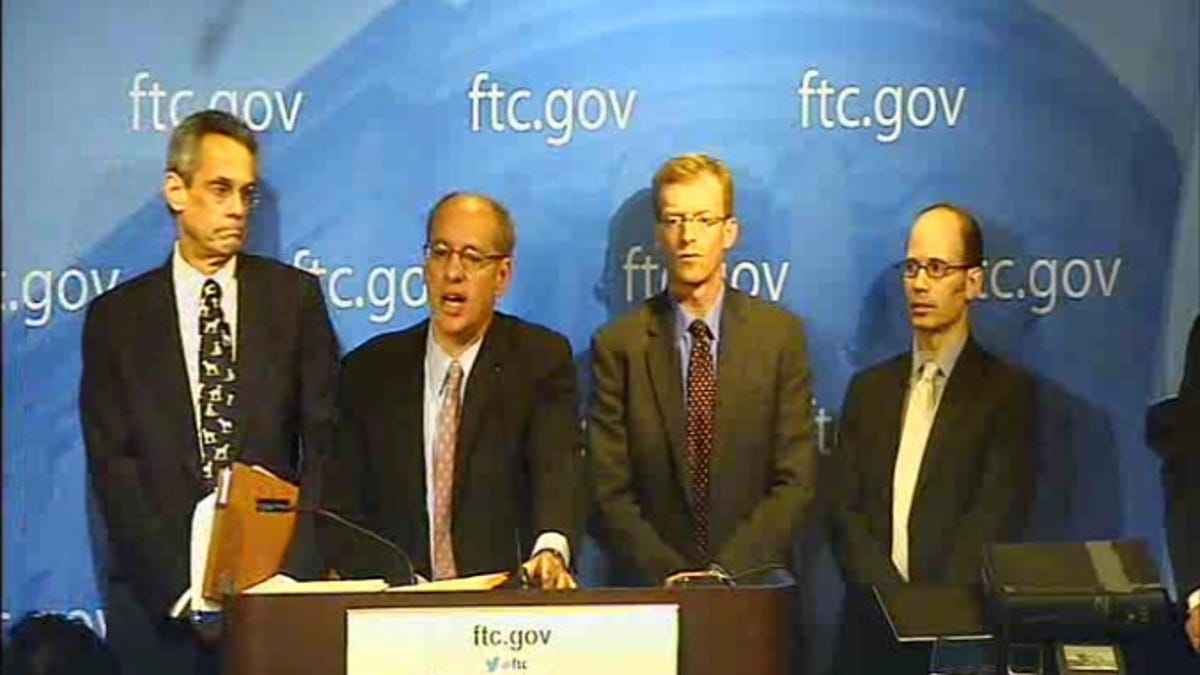What Google's settlement with the FTC means for users
In a major win for the search giant, it avoids a battle over search bias.

The Federal Trade Commission announced today that it has completed a nearly two-year investigation into Google's business practices. Here are some of the key takeaways:
On the issue most important to Google, Google won. The most potentially damaging line of inquiry undertaken by the FTC concerned accusations that Google's search results were unfairly biased in favor of its own products. Some critics wanted to see mandated changes to Google algorithms. But after considering a number of approaches, FTC commissioners decided unanimously that Google was not violating any antitrust laws when it comes to search results. For Google, this is a major victory.
Search results are going to look more or less the same. A handful of companies may choose to stop showing their results inside Google products like Google+ Local, Google Shopping, and Hotels. But otherwise Google can continue operating as normal.
Competitors are upset with the decision. FairSearch, which represented many of the Google competitors pressing for stronger action, was among those who predicted that the FTC's decision would allow Google to further consolidate its power. "The FTC's inaction on the core question of search bias will only embolden Google to act more aggressively to misuse its monopoly power to harm other innovators," the group said in a statement. Yelp, who has been among the company's most vocal critics, called it "a missed opportunity to protect innovation in the Internet economy, and the consumers and businesses that rely upon it."
Google will have to license some of the patents it acquired from Motorola more liberally. The FTC found that Google's use of some of the patents it acquired from Motorola to be anticompetitive. Google can no longer file injunctions against competitors that make use of those patents, which are needed for complying with technical standards. In the settlement's only binding agreement, Google agreed to allow competitors access to the patents, "on fair, reasonable and non-discriminatory terms."
The victories won by Google's critics here are minor and technical. In response to the investigation, Google said it would allow creators of vertical search products like Yelp and travel-booking services to opt out of having their results "scraped" and displayed on certain Google results pages. To opt out, companies must fill out a Web-based notice form to be made available within 90 days. In a separate agreement, advertisers won a concession from Google on its AdWords platform; Google will modify the product to let advertisers more easily manage ad campaigns that run both on AdWords and competing platforms.
All eyes now turn to the European Commission, which has mounted a separate antitrust investigation into Google's business practices. Google Executive Chairman Eric Schmidt and the European Union antitrust chief Joaquin Almunia met last month in Brussels, Belgium. At the time, Almunia said he expected an offer from Google this month to settle its additional antitrust probe.

